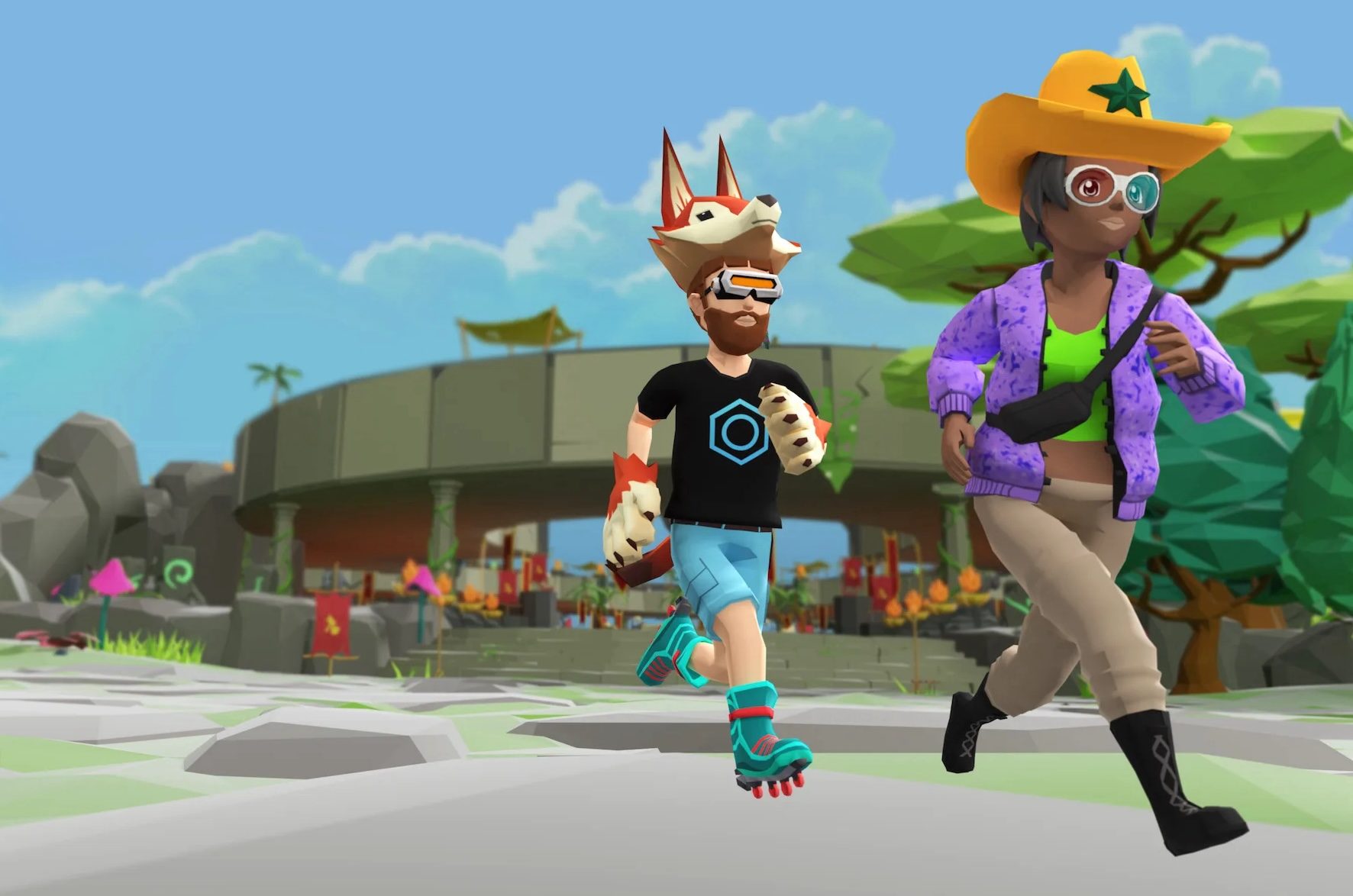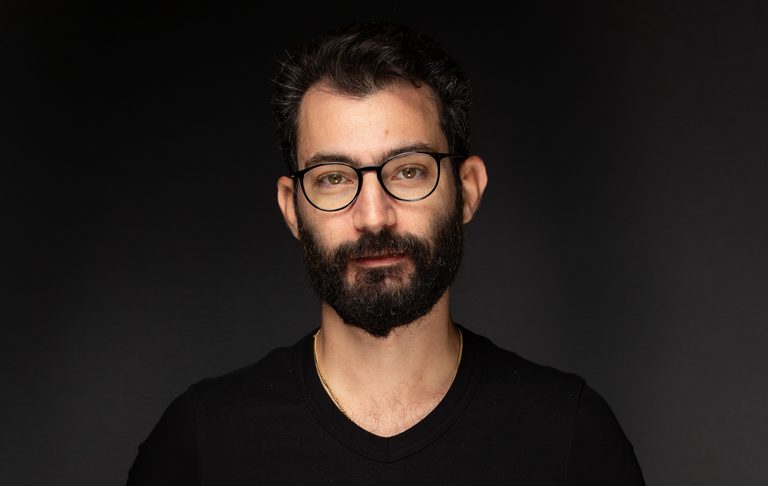- Interest in virtual worlds tails off
- Caution returns as value drops
- Investors favour physical real estate
Two years ago, the concept of metaverse lands transformed from an interesting subculture into a thriving multi-billion-dollar market, capturing the interest of major investors both regionally in the Middle East and globally.
Metaverse lands, made of pixels and digital images, refer to buildings and plots within a virtual environment, offering spaces for gaming, socialising, business meetings and other virtual activities.
Just like physical real estate, metaverse properties can be leased, rented or even owned, adding a layer of financial complexity to the virtual world.
You might also like:
Economic indicators from every GCC country
However, the euphoria surrounding the metaverse has been short-lived and the once-booming virtual real estate market seems to have lost its lustre, prompting questions about what went wrong.
Industry insiders told AGBI that the initial hype has given way to a more cautious approach, resulting in a recalibration of virtual land prices.
“Factors such as lack of utility and downturns in the crypto market have contributed to the decline in prices,” said Samuel Huber, CEO of UK-based metaverse platform Landvault.
“Prices of metaverse land at its peak in 2022 were high, with plots of land in platforms like Otherside and Decentraland reaching 7.50 ether (ETH, a cryptocurrency second only to bitcoin in market capitalisation) and 5.24 ETH respectively.
 Decentraland
Decentraland“However, those prices have since decreased, with plots on those exact same platforms decreasing to around 1 ETH,” Huber said.
At the time of writing, one ETH is worth $3,300 (AED12,100). At its peak in 2021, one ETH was valued at $4,800 (AED17,600).
This is all very different from just a few years ago. Back then, organisations across the region explored the idea of establishing virtual cities, offices and even factories.
The UAE’s Ministry of Economy opened an office in the metaverse in September 2022, while five months later Saudi Arabia’s Ministry of Municipal, Rural Affairs, and Housing introduced the Sakani Metaverse, facilitating property viewing without the need for physical visits.
- Dubai bullish on metaverse as hype fades
- ‘The metaverse can change the way we school our children’
- Metaverse will boost online home sales ‘five-fold’, says Damac
Major real estate players such as Damac Properties and Union Square House announced substantial investments and initiatives within the metaverse, signalling a significant shift towards virtual real estate development.
As interest soared, so did prices.
Within a year, the value of metaverse plots skyrocketed, with prices doubling and even tripling in some cases.
If the metaverse platform goes offline, all your virtual assets will immediately become non-existent
Property portal Square Yards
In 2021, Decentraland’s metaverse plots were sold for an average AED22,000 ($5,990) and there was a spectacular boom in 2022, with prices rising to AED55,000, according to UAE-based property portal Square Yards.
Celebrities such as Snoop Dogg and corporations like PwC Hong Kong joined the frenzy, further driving up demand and prices.
A study commissioned by Meta Platforms and produced by Deloitte showed that metaverse technologies could potentially contribute $38 billion and nearly $17 billion to the respective economies of Saudi Arabia and the UAE by 2035.
 Shaffra
ShaffraDespite the big projections and hype, interest soon waned and, according to Alfred Manasseh, co-founder at Dubai-based metaverse company Shaffra, this phase in the Middle East is reflective of a broader global trend towards stabilisation.
“Prices, while still valuing the strategic and innovative potential of metaverse real estate, have become more aligned with realistic projections of usage, development potential, and long-term value creation,” he said.
Concerns about the stability and accessibility of metaverse platforms have also dampened investor enthusiasm.
The risk of platforms going offline and virtual assets becoming worthless overnight looms large, highlighting the fragility of virtual investments, Square Yards said in its blog.
“If the metaverse platform goes offline, all your virtual assets will immediately become non-existent,” it added.
 Everdome
EverdomeJeremy Lopez, CEO of Everdome, explained that digital destinations are frequently inaccessible to larger audiences and overly complex. This has led to a slowdown in interest on the metaverse, “as it currently represents an intangible idea to the average digital citizen”.
In response to these challenges, investors are turning back to traditional real estate investments, drawn by the tangible nature and stability of physical assets, according to Yousuf Fakhruddin, CEO of Fakhruddin Properties, a UAE real estate developer.
Recent statistics from the Dubai Land Department underscore this trend, revealing a significant increase in real estate transactions and investments in physical properties.
Real estate investments grew 55 percent year on year to AED412 billion, propelled by 113,655 investors, including 71,002 new entrants, marking a 20 percent rise year on year.
“Stakeholders are increasingly seeking tangible utility, scalability, and interoperability within virtual spaces,” Manasseh told AGBI.
“Projects that have not adapted their offerings to meet these criteria may find it challenging to sustain interest and investment.”
